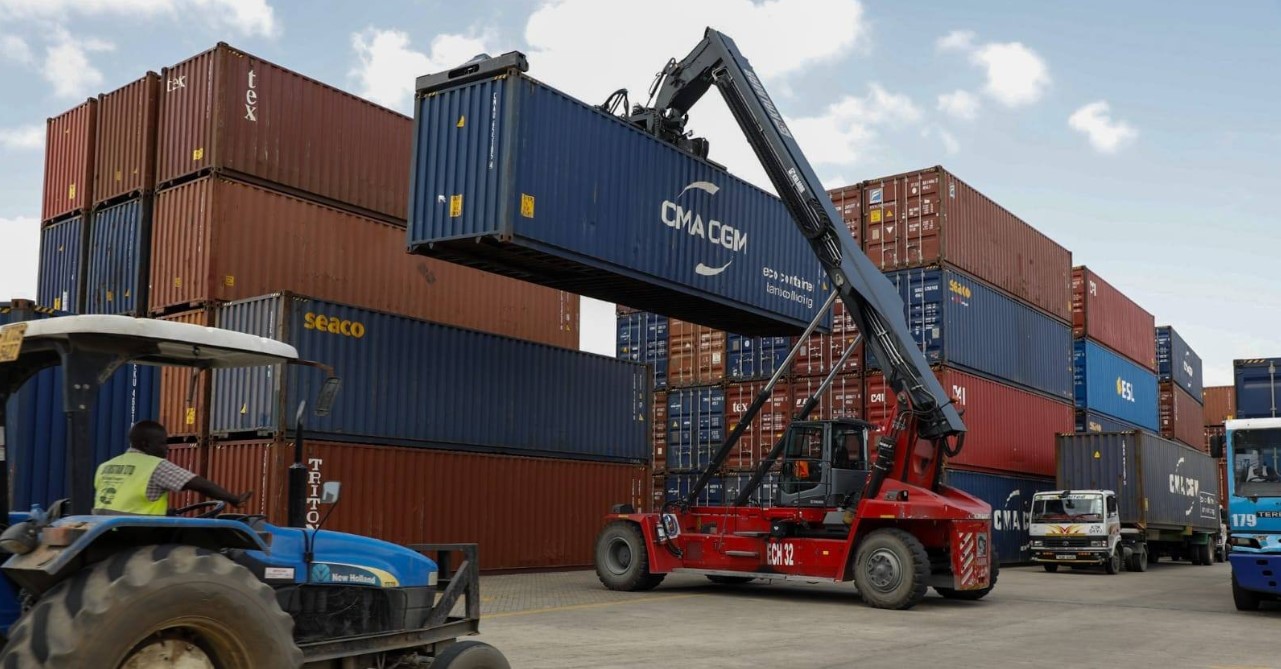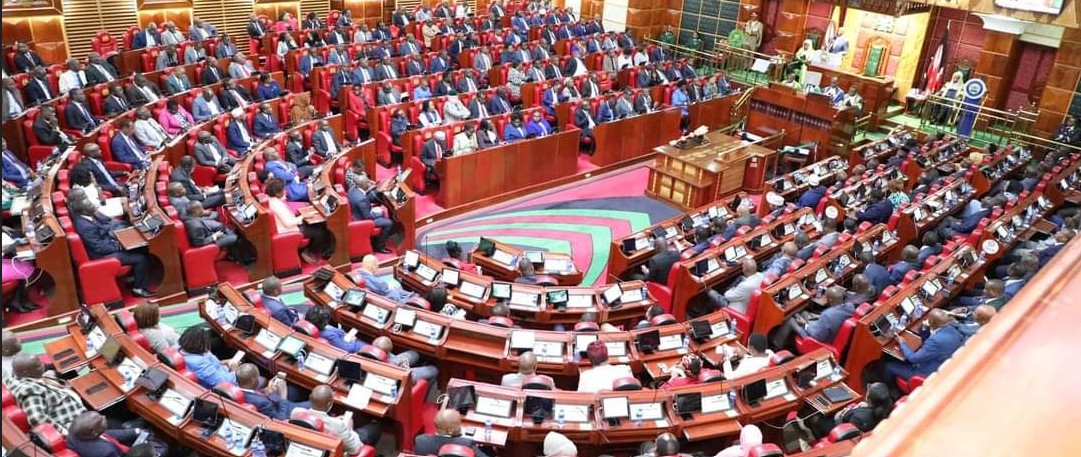Kenya Maritime Authority, Kenya Plant Health Inspectorate Service clash over container inspection levies

KEPHIS Chairman Joseph M’Eruaki maintained that the charges are part of its constitutional duty and warned that removing them would compromise national efforts to safeguard agriculture and trade from invasive pests and diseases.
The standoff between the Kenya Plant Health Inspectorate Service (KEPHIS) and the Kenya Maritime Authority (KMA) has deepened after the former announced that it would continue charging inspection fees on vessels and containers at the Port of Mombasa, despite a directive to halt the levy.
Speaking at the Kenya School of Government in Mombasa, KEPHIS Chairman Joseph M’Eruaki maintained that the charges are part of its constitutional duty and warned that removing them would compromise national efforts to safeguard agriculture and trade from invasive pests and diseases.
More To Read
- Nairobi to host EU-backed regional Maritime Security Week
- Kenya wants China to remove tariffs on coffee, tea, avocados as trade imbalance persists
- Kenya battles Nigeria, South Africa to keep IMO seat as Africa’s voice in global shipping
- Transporters issue 7-day ultimatum over empty container backlog
- Government targets illegal seed dealers in bold move to safeguard farmers from counterfeits
- Kenya Medical Association calls for action as Kiambu doctors’ strike hits 150-day mark
KEPHIS introduced the fees on March 1 this year for the inspection of ships and containers at Mombasa port and border points. Each vessel is charged a flat Sh2,000 inspection fee, Sh375 per container and Sh2,000 for cleaning.
“No government agency is superior to the other. That is why we are engaging other stakeholders. Let other agencies stick to their lane. Let them cooperate because that is what is going to protect agriculture,” M’Eruaki said.
The directive from KMA, issued by Director General Omae Nyarandi in a letter dated August 12 to Kephis Managing Director Prof. Theophilus Mutui, instructed that no export container should be held over non-payment of inspection fees. Nyarandi also asked Kephis to furnish evidence of adequate public participation before imposing the container and vessel inspection charges.
Nyarandi said pending arrears would be addressed in an upcoming meeting.
“Exports are critical to the Kenyan economy, and government agencies are obliged to intervene and provide the way forward on any operational undertaking that is likely to hamper the seamless flow of the exports in the logistics chain,” he said.
He further instructed shipping lines not to introduce any inspection charges, noting that the cost is already covered under the container cleaning fee.
But M'eruaki has decried that the illegal fake seed trade has been a thorn in the flesh for farmers and the government, but expressed optimism that soon it will come to an end.
He has now urged farmers to ensure they purchase seeds from agrovet shops that are licensed by Kephis and ensure the packaging materials have a Kephis emblem and sticker.
“A farmer is supposed to scratch the sticker to reveal a code, which when sent to 1393 will give feedback to indicate whether the seeds are real or fake,” M’eruaki said.
Top Stories Today















































